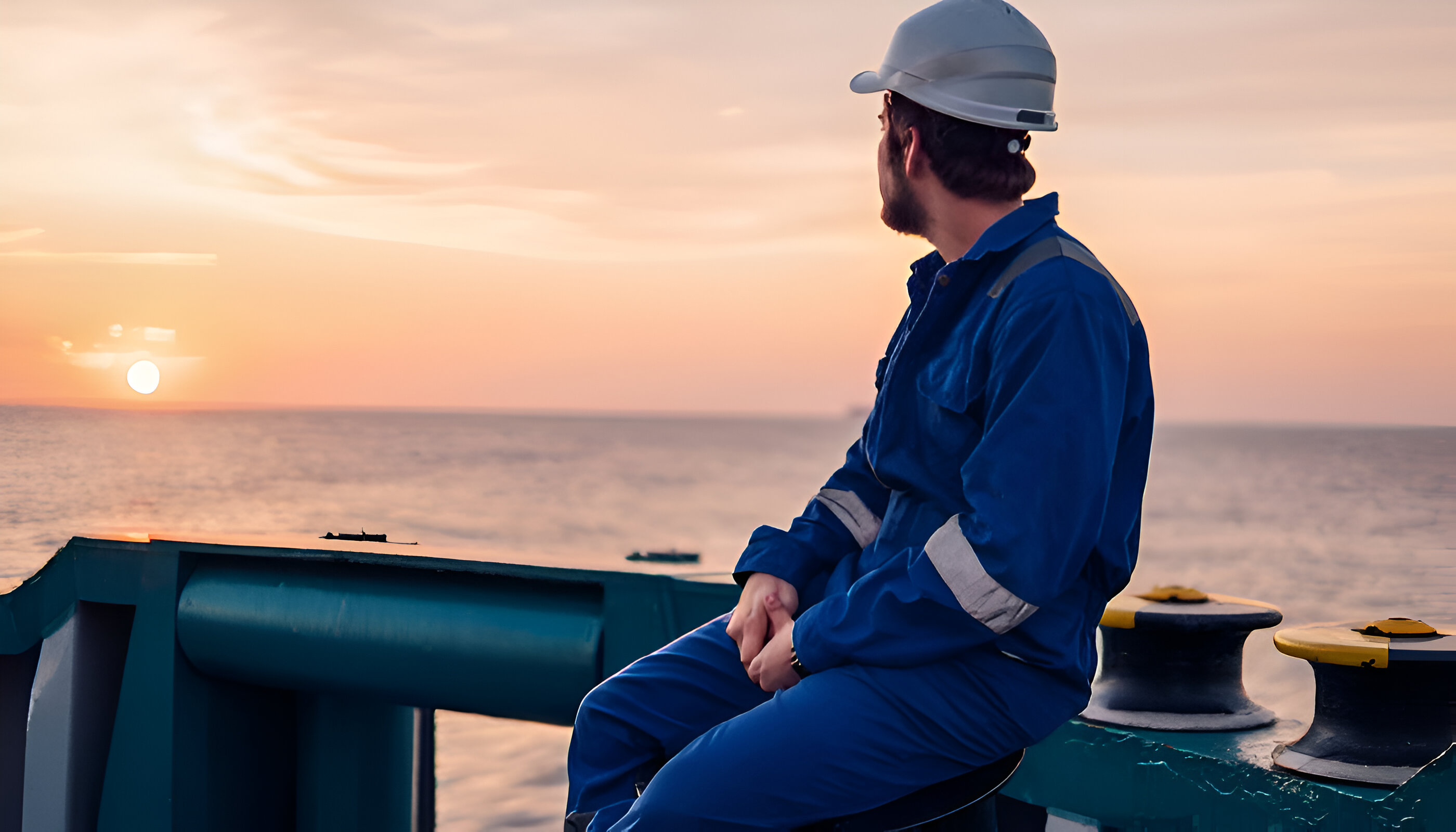Inspection intervals
October 13, 2020 POST STATE CONTROL
With the introduction of the New Inspection Regime (NIR), all ships operating within the Paris MoU are subdivided into three types:
- Low Risk Ship (LRS)
- Standard Risk Ship (SRS)
- High Risk Ship (HRS)
The type of ship is decisive
The type of ship determines how often a ship is required to be subjected to a port State control inspection in Paris MoU. Low risk ships must be inspected every third year, standard risk ships must be inspected every year, while high risk ships must be inspected every six months. When a period has expired, the ship is required to be inspected at the first subsequent port call.
The authority can choose to inspect earlier than required
However, the port State control authority can choose to inspect the ship earlier than required if it is expedient as regards the authority’s work. This means that a low risk ship can be inspected two years after the latest inspection, a standard risk ship ten months after the latest inspection and a high risk ship five months after the latest inspection.
Prioritising ships
When two years have passed since the latest inspection of a low risk ship, the ship becomes a second priority ship. This means that the authority may choose to inspect the ship, but is not required to do so.
If, however, more than three years pass since the latest inspection of a low risk ship, the ship becomes a first priority ship. This means that it is required to be inspected.
Similar rules of priority apply to standard risk ships and high risk ships, which is illustrated in this picture.
However, an unexpected factor may change the status of the ship from no priority to second priority.
Furthermore, a top priority factor may change the ship’s inspection priority to first priority.
Ships affected by unexpected factors are the following:
- Ships that have not observed the current version of the IMO recommendation for navigating the entrances to the Baltic Sea.
- Ships with certificates issued by a previously recognised organisation whose authorisation has been withdrawn since the latest inspection in the Community or in the Paris MoU region.
- Ships about which pilots or port authorities or bodies have reported obvious irregularities that may affect safety of navigation or that present a risk of damage to the marine environment, cf. article 23 of this directive.
- Ships that do not meet the relevant reporting requirements as stipulated in article 9 of the PSC directive as well as in directive 2000/59/EC (on port reception facilities for ship-generated waste and cargo residues) and 2002/59/EC (monitoring directive and, if relevant, regulation (EC) no. 725/2004 (on enhancing ship and port facility security).
- Ships for which a report or complaint has been made by the master, a crewmember or by any person or organisation with a legitimate interest in the ship being operated safely and properly, in the living and working conditions on board or in preventing pollution unless the member State concerned considers the report or the complaint clearly groundless.
- Ships that have previously been detained more than three months ago.
- Ships for which outstanding defects and non-conformities have been reported, except ships for which the defects and non-conformities are required to be remedied within 14 days after departure or before departure.
- Ships for which problems have been reported related to their cargo, especially harmful and dangerous goods.
- Ships that have manoeuvred in a manner presenting a risk to persons, property or the environment.
- Ships for which information from a reliable source has shown that their risk parameters differ from the registered parameters and that the risk level is therefore higher.
- Top priority factors mean the following:
- Ships that have, for safety reasons, been suspended or withdrawn from their class since the latest inspection in the Community or in the Paris MoU region.
- Ships for which another member State has made a report or notice.
- Ships that cannot be identified in the inspection database.
- Ships that have been involved in a collision, grounding or stranding on their way to port.
- Ships that have been accused of contravening the provisions on the discharge of harmful substances or waste water.
- Ships that have manoeuvred in an irregular manner or in a manner that is not appropriate in terms of safety so that routeing measures adopted by the IMO or safe navigation practice and procedures have not been observed.
Source: dma





